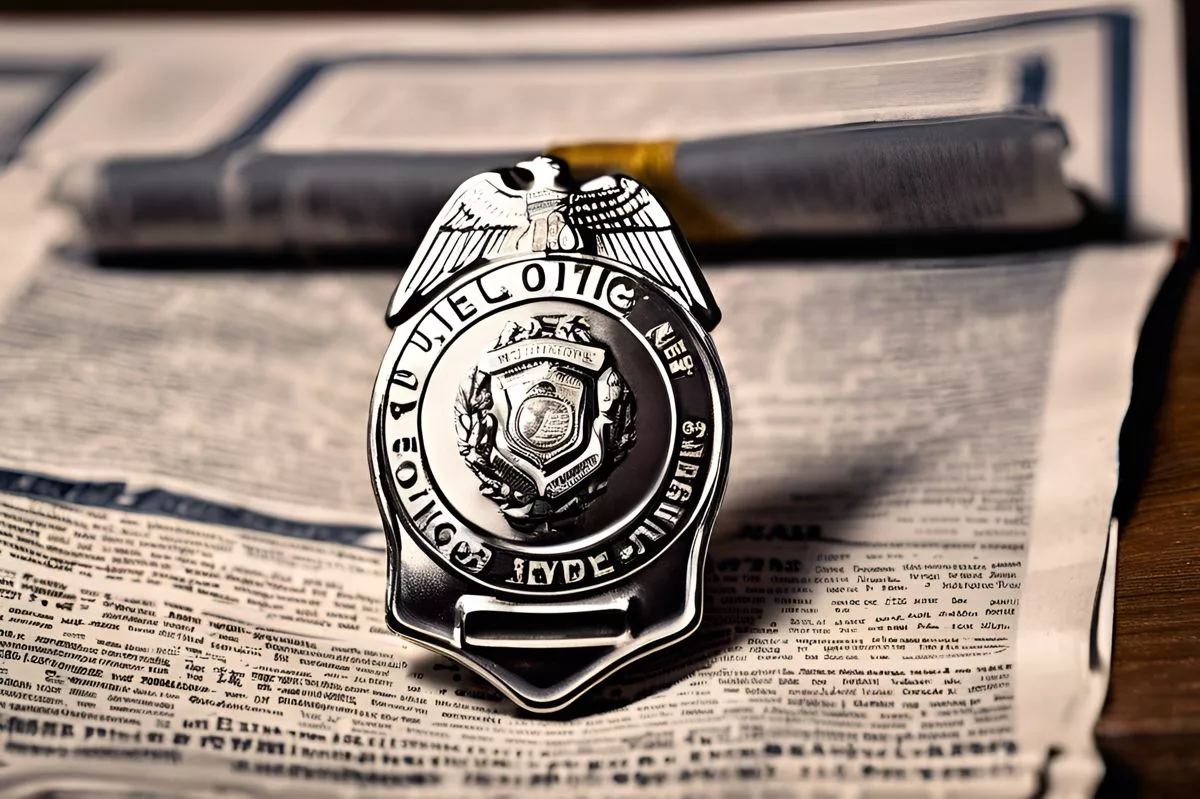Police shootings in South Africa have caused increased alarm and concern, with rising incidences in KwaZulu-Natal particularly worrying. Ian Cameron, Chairperson of the Portfolio Committee on Police, has recommended bolstering the resources of the Independent Police Investigative Directorate to scrutinize police behavior and ensure a balance between duty and caution. However, the police also face threats and attacks, with efforts needed to bridge perceptions and enhance transparency and communication. There is a call for action to curb violence, including tackling the presence of unlawful firearms.
Upholding law and order is a universal rule for societies to flourish. In South Africa, the rising incidences of police shootings have ignited growing alarm. Mr Ian Cameron, the Chairperson of the Portfolio Committee on Police, recommends bolstering resources of the Independent Police Investigative Directorate (IPID) – an approach that could strengthen the grid for scrutinizing police behavior. The fine line between duty and caution is pivotal, underlining why legislative oversight and regulation are fundamental to the police system.
Upholding Law and Order: A Rising Concern
Societies flourish when law and order are maintained without fail, a rule which is universal. In South Africa, the South African Police Service (SAPS) shoulders this crucial responsibility. Regrettably, rising incidences of police shootings have ignited growing alarm, particularly in KwaZulu-Natal. Mr Ian Cameron, the Chairperson of the Portfolio Committee on Police, has aired these concerns, underlining the significance of oversight, regulation, and responsibility in reining in this alarming trend.
The Criminal Procedure Act, in section 49, grants the police legal authority to exercise reasonable force. But this authorization treads a fragile line – how do we distinguish between justifiable force and illicit violence? It is a convoluted issue that has recently sparked public worry. To quell these fears, Mr Cameron recommends bolstering the resources of the Independent Police Investigative Directorate (IPID) – an approach that could strengthen the grid for scrutinizing police behavior.
The Delicate Balance: Ensuring Effective Policing
While we delve into these issues, let’s not lose sight of the perils the police confront. Crime doesn’t happen in broad daylight – it occurs in the obscured recesses of society, teeming with danger and unpredictability. It is within these unstable conditions that the police frequently find themselves, often necessitating the use of force for self-defence. This fine line between duty and caution is pivotal, underlining why legislative oversight and regulation are fundamental to the police system.
However, the discourse shouldn’t be confined to police behavior alone. Mr Cameron implores us to widen our viewpoints and contemplate the escalating attacks on police officers. The sorrowful deaths of Warrant Officer Sthembiso Mazibuko, Constable Donay Phillips, Constable Ashwin Pedro, Constable Okaetse Mandindi, Sergeant Kedimetse Masilo, and 39 other SAPS members in the previous financial year alone, manifestly indicate that these uniformed personnel often face grave threats.
Bridging Perceptions: Enhancing Transparency and Communication
In order to narrow the gulf between public perception and reality, Mr Cameron underscores the necessity for improved communication from both SAPS and IPID. Misconceptions or insufficiencies of information can fuel public panic, creating an illusion that the SAPS leans heavily on force. To dispel this misconception, both SAPS and IPID ought to strive to share comprehensive information, particularly post-investigations, to ensure answerability and sustain public confidence.
Along the same lines, the advent of modern technology such as body cameras for police officers can usher in increased transparency. By recording interactions, these devices can expose instances of police misconduct and offer substantive evidence of assaults on police officers.
Curbing Violence: A Call for Action
In addition, Mr Cameron exhorts SAPS management to step up their attempts to curb the presence of unlawful firearms in local communities. The connection is straightforward – eliminating these illegal arms can result in a significant reduction in violent crimes, thereby curtailing the need for the police to resort to force.
In conclusion, he reiterates that the fundamental function of the police force is to safeguard and serve. They are tasked with combating crime and ensuring the safety of our communities. They ought not to be dissuaded from using reasonable force when circumstances necessitate it. As he rightly emphasizes, “Police officers must protect themselves when there is a need; there should not be a question about that.”
1. What is causing alarm and concern in South Africa?
Police shootings in South Africa, particularly in KwaZulu-Natal, have caused increased alarm and concern.
2. What has Ian Cameron recommended to address police behavior?
Ian Cameron, Chairperson of the Portfolio Committee on Police, has recommended bolstering the resources of the Independent Police Investigative Directorate to scrutinize police behavior and ensure a balance between duty and caution.
3. What is the fine line between police duty and caution?
The fine line between police duty and caution is pivotal, underlining why legislative oversight and regulation are fundamental to the police system. The Criminal Procedure Act, in section 49, grants the police legal authority to exercise reasonable force. However, distinguishing between justifiable force and illicit violence is a convoluted issue.
4. What recommendations has Ian Cameron made to enhance transparency and communication?
Ian Cameron has underscored the necessity for improved communication from both SAPS and IPID to narrow the gulf between public perception and reality. He also highlights the advent of modern technology such as body cameras for police officers can usher in increased transparency.
5. What is the call for action to curb violence?
There is a call for action to curb violence, including tackling the presence of unlawful firearms. Eliminating these illegal arms can result in a significant reduction in violent crimes, thereby curtailing the need for the police to resort to force.
6. What is the fundamental function of the police force?
The fundamental function of the police force is to safeguard and serve by combating crime and ensuring the safety of our communities. They ought not to be dissuaded from using reasonable force when circumstances necessitate it.









